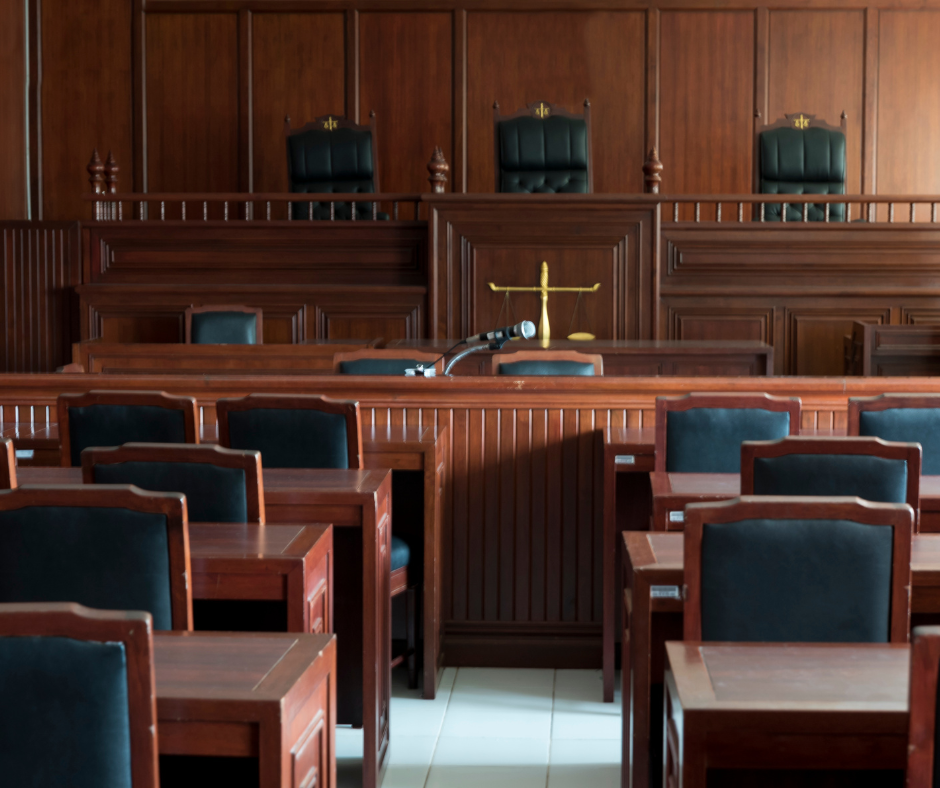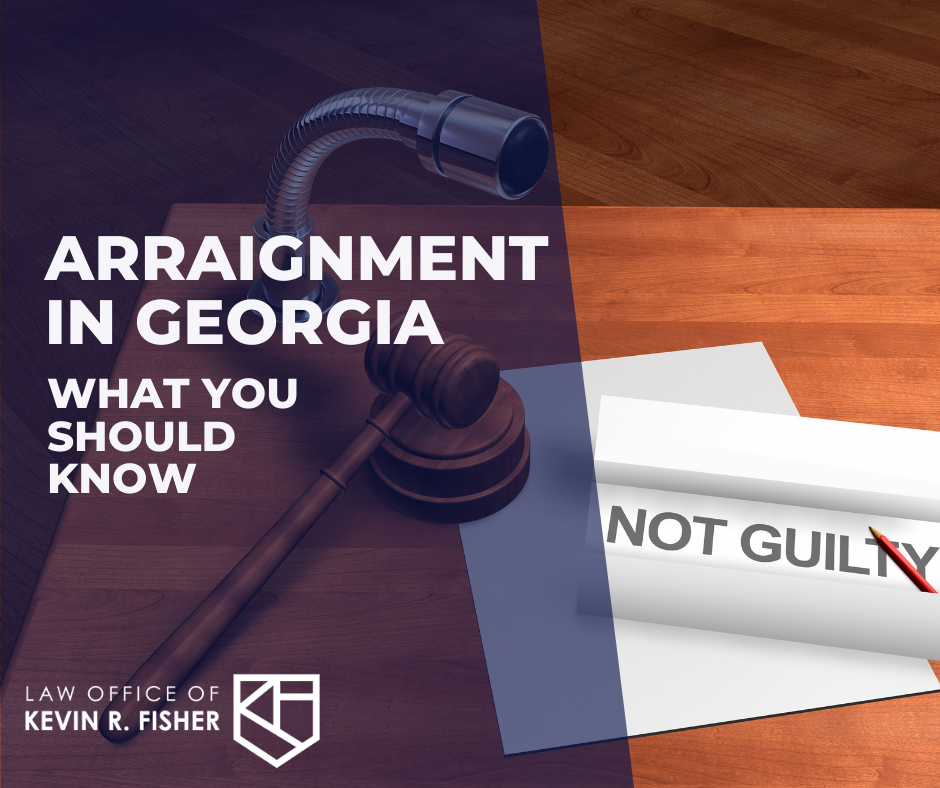There are various stages in a criminal case, varying from arrest, arraignment, trial, and conviction. An arraignment occurs at the beginning of a criminal case. Keep reading to learn more about arraignment, what happens during an arraignment, and the role of an attorney during the hearing.
What is arraignment?
An arraignment, also called an “initial appearance,” is the first step in a criminal proceeding. Once a prosecutor files a formal indictment against the Defendant, the Defendant will appear in court and appear in front of a magistrate judge for the arraignment.
What happens during arraignment?
During an arraignment, the prosecutor will read aloud the charges against the Defendant. The magistrate will tell the Defendant about their rights, including the right to a trial and an attorney, and enter a plea. Most people will enter a plea of not guilty at arraignment. If the Defendant enters a guilty plea, the judge may set a sentencing date, depending on the charge. If the Defendant enters a not guilty plea, the judge may set future court dates, such as the preliminary hearing. If the Defendant does not have an attorney, arrangements will be made for them to have an attorney.

What is the role of an attorney during arraignment?
In Georgia, the arraignment date sets a time limit to file motions in the case. All pretrial motions, including demurrers and special pleas, must be filed within ten days after the date of arraignment unless the court extends the time.[3] In other words, you have ten days after arraignment is set to file certain motions.
Due to the ten-day limit, it is very important that you have an attorney for your arraignment who can file motions on your behalf. For example, in Riley v. State, the Defendant did not file a timely motion to suppress any physical evidence in the case. As a result, the Defendant waived any right to claim that the search that produced the physical evidence was unconstitutional, and the judge could not exclude testimony about the physical evidence at trial. As Riley demonstrates, if you fail to file the necessary motions within the ten-day limit, you may waive your right to file motions that could be crucial in proving your innocence. Riley v. State, Ga. App., S.E.2d (July 21, 2020).
Do I have to attend my arraignment?
You should talk to your lawyer about whether you need to attend your arraignment. In many cases, your lawyer can waive your arraignment or attend on your behalf, which means you wouldn’t have to attend. If you have an attorney before your arraignment, your attorney will likely review the charges at issue with you.
Questions? Give me a call.
It is important to have an attorney during arraignment to ensure the proper motions are filed, which can lead to the dismissal of your case. I have decades of criminal law experience and will advocate on your behalf at each stage of your case to make sure we reach the best resolution. If you need a criminal defense attorney or have legal questions, give me a call today!

